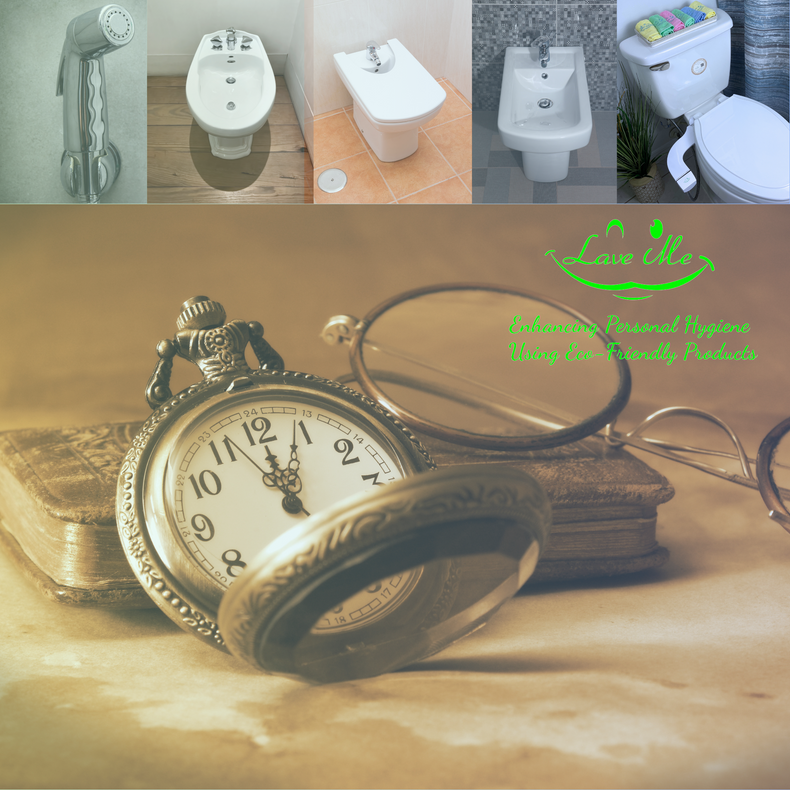Bidets have a long history in Asia, dating back centuries. Their popularity in the region can be attributed to various cultural, social, and practical factors.
https://youtu.be/R3Xw_voVf3cHistorically, bidets were commonly used in parts of Asia like Japan, Korea, and parts of the Middle East long before they gained traction in Western countries. In Japan, for example, the bidet has been a staple in households for decades, with advanced electronic bidet toilets becoming increasingly common in both homes and public facilities. The Japanese bidet, known as a "washlet," often comes with features such as adjustable water temperature, water pressure, and even built-in air dryers.
In Korea, bidets have also been widely embraced, though they may have slightly different features compared to their Japanese counterparts. The use of bidets in Korea can be traced back to traditional Korean culture, which values cleanliness and hygiene.
In other parts of Asia, such as parts of Southeast Asia and the Middle East, traditional bidets or handheld sprayers are more common. These cultures also place a strong emphasis on personal hygiene, and bidets offer a convenient and effective way to achieve cleanliness after using the toilet.
Encouraging the use of bidets for enhanced personal hygiene is important for several reasons:
- Improved cleanliness: Bidets provide a more thorough cleaning than toilet paper alone, reducing the risk of bacterial infections and promoting better overall hygiene.
- Environmental sustainability: Bidets significantly reduce the amount of toilet paper needed for personal hygiene, thereby helping to conserve natural resources and reduce waste.
- Comfort and convenience: Bidets offer a more comfortable and convenient experience compared to using toilet paper alone. Features like adjustable water temperature and pressure ensure a personalized and comfortable cleansing experience.
- Health benefits: Proper cleansing with a bidet can help prevent various health issues, such as hemorrhoids, urinary tract infections, and skin irritation, which can be aggravated by inadequate cleaning with toilet paper.
- Cultural acceptance: As bidets have a long history and cultural acceptance in many Asian societies, promoting their use can help foster a greater understanding and appreciation of diverse cultural practices related to hygiene.
Overall, promoting the use of bidets for enhanced personal hygiene is not only beneficial on an individual level but also contributes to broader societal goals such as environmental sustainability and public health. By recognizing the historical significance and practical advantages of bidets, we can encourage their adoption and contribute to a cleaner, healthier world for all.


